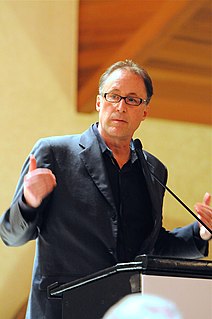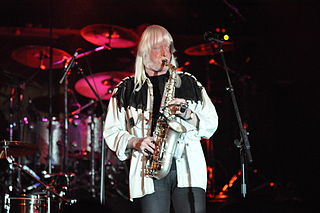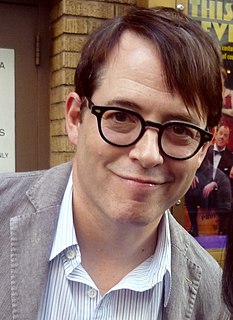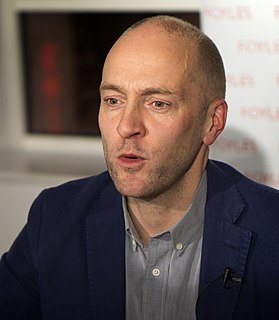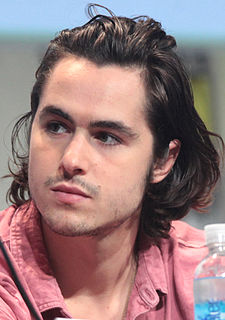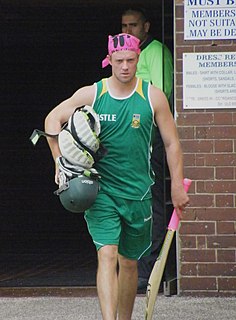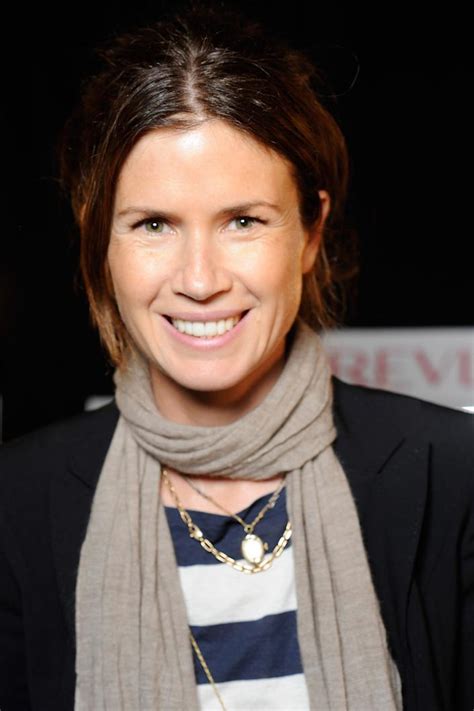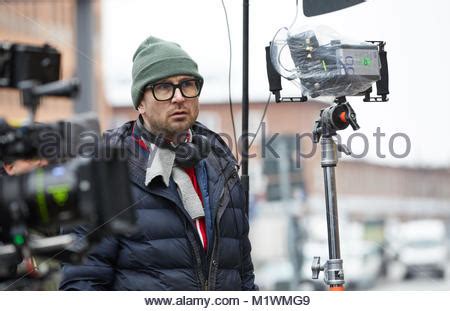A Quote by Karyn Kusama
I feel like, generally, the golden eras of cinema seem to be in moments of incredible political turmoil and strife and struggle.
Related Quotes
I think what I loved in cinema - and what I mean by cinema is not just films, but proper, classical cinema - are the extraordinary moments that can occur on screen. At the same time, I do feel that cinema and theater feed each other. I feel like you can do close-up on stage and you can do something very bold and highly characterized - and, dare I say, theatrical - on camera. I think the cameras and the viewpoints shift depending on the intensity and integrity of your intention and focus on that.
I don't concentrate on any one period of history; I like to locate my stories in wildly different eras and places. I seem to be drawn to large, sprawling, uncomfortable swaths of American history, finding embedded within them a tight narrative that involves strife, heroism, and survival under difficult circumstances.
I don't think anyone is coasting on this earth. I think everybody does feel incredible struggles. Any day that you're not held down by the struggle, celebrate it! Be present, because I feel like I lost sight of that for a while going through hard stuff. And now, I'm really enjoying the good moments.
I think The Doors are one of the classic groups, and I think we're all tempted to feel like the time in which we grew up was somehow special, but I really do believe that there were two golden eras in music: The Forties and Fifties of big band, jazz and swing, and the Sixties and Seventies of rock. To me, they're really unparalleled.
There can be moments onstage - but sometimes in a movie, too - where you just feel you're in a golden space. You're in this strange world where everything you do makes sense. And it's funny: the audience is right in it with you, and the other actors, and you get these rare moments of feeling at one with something. You hear voices in your head.
The most powerful political moments for me come when I feel like my actions are aligned with a certain truth. I can feel it. When I'm talking to a group and I'm saying something truthful, I can feel a power that comes out of those statements that is different than when I'm just being glib or clever.
It was humbling to play Mark Ashton. He was a political activist and a humanist, and there is incredible conviction in his vision. But when you're telling a political story, humour is crucial; otherwise, it can be in danger of becoming a bit preachy, and the audience can feel like they've got an agenda coming full steam at them.
Then you see something like the Gucci advertising and you're like, "Yes!" It gives you confidence because you feel like you're not alone - you don't have to copy it but you can find inspiration. It's not only Gucci; I feel like everything is moving quickly and there's a lot of excitement and turmoil around these designers leaving their brands, but it feels like it's buzzing. There's stuff happening and I feel like it's always exciting when there's movement.
I seem to wonder if we can reach some kind of new destination with cinema, or touch upon human existence in a different way to what cinema usually does in its very schematic and sometimes very controlled, plot-oriented ways of thinking. Sometimes I feel like I've found the holy grail, and next week I think it's a complete mistake and I need to try something completely different. It's an ongoing process.


